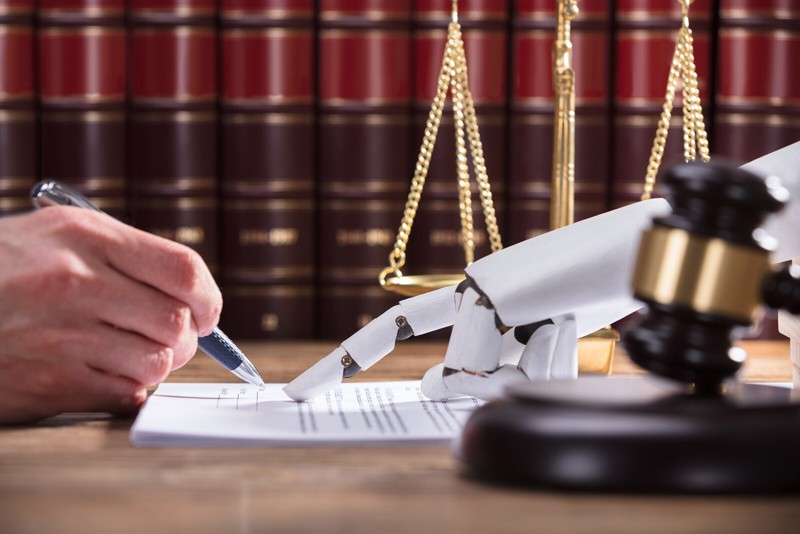In the intricate judicial system, where every word matters, accuracy and efficiency are essential. Due to their fast pace and in-depth discussion, court operations require precise recording. This process relies on legal transcription software to speed up courtroom transcribing. Such Legal Transcription Software is crucial to judicial operations, boosting accuracy and speeding up justice.
Accuracy in Records
Legal precision is essential. Every word and silence can influence justice. Manual transcribing is subject to subjectivity and human mistake, hence it rarely meets legal criteria. With advanced speech recognition and natural language processing algorithms, legal transcribing software ensures unrivalled accuracy. It meticulously records events, catching minutiae that human hearing may miss. This accuracy prevents future disputes and preserves the court record.
Effectiveness and Time Saving
Time matters in a busy courtroom. Lawyers have heavy caseloads and tight deadlines, limiting inefficiencies. Traditional transcribing methods often fail due to physical work, causing delays. Legal transcribing software boosts efficiency with its fast transcription. It quickly transcribes audio recordings into text, allowing lawyers to focus on other tasks. By automating transcribing, such software frees up court stenographers and clerks to focus on their strengths.
Documentation or Accessibility Management
Legal digitization has made legal proceedings more accessible and convenient. Legal transcribing software takes advantage of this trend by offering flexible document management. Searchable and retrievable digital transcripts allow lawyers to quickly find crucial material. Such software simplifies court proceedings by obtaining testimony from previous hearings or running keyword searches across massive legal materials. Cloud-based storage and collaboration solutions boost legal team communication and coordination regardless of location.
Secrets and Security Rise
A cornerstone of law is confidentiality. Attorneys prioritize client confidentiality and data security. Legal transcribing software with strong encryption and access controls provides maximum security. Legal transcripts can be sent and maintained securely to prevent tampering. This software reduces transcription time, minimizing the risk of breaches or leaks. These strong security standards safeguard the legal system and build client trust.
Making Judicial Evaluation and Appeals Possible
Appealing for justice is highly valued in the judicial system. However, a successful appeal requires extensive and accurate transcripts of previous cases. Judicial review and appeals require legal transcription software due to its unparalleled verbatim transcript accuracy. Providing appellate courts with a reliable record of original proceedings helps them make fair and transparent conclusions. Software that speeds up transcription and reduces discrepancies speeds up the appeals process, advancing justice.
Adjustability in Changing Law
The legal landscape changes with technology, legislation, and societal norms. These changes are expected to affect flexible, scalable legal transcribing software. Machine learning algorithms improve their transcribing accuracy and comprehension using big legal data corpora. In response to demand for real-time transcribing and multilingual help, these systems increase features and functions. Legal transcribing software stays relevant and successful by innovating and following trends in a changing legal environment.
Conclusion
Legal transcription software is crucial in the halls of justice, where rights are defended and truth is sought. Legal practitioners love this software because it ensures documentation accuracy and speeds up justice. Technology increases legal record integrity, transcription speed, and accessibility. Judicial transcribing software shows how technology and justice work together to make the judicial system more efficient, fair, and transparent as the law changes.

